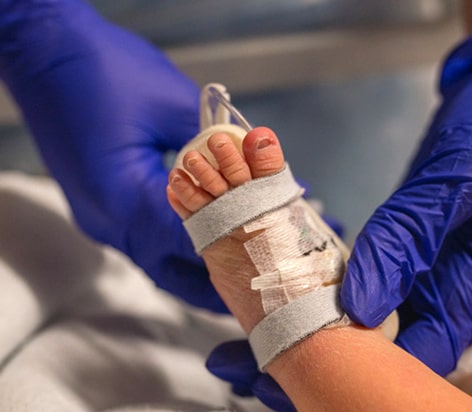
Every person, at least once in his lifetime, encounters infection due to bacteria, viruses, or fungi. In some cases, especially in people with a weakened immune system, these infections affect the body to such an extent that immediate medical interventions are certainly required. If not treated promptly, such conditions may lead to sepsis and septic shock, leading to multiple organ dysfunction and failure.